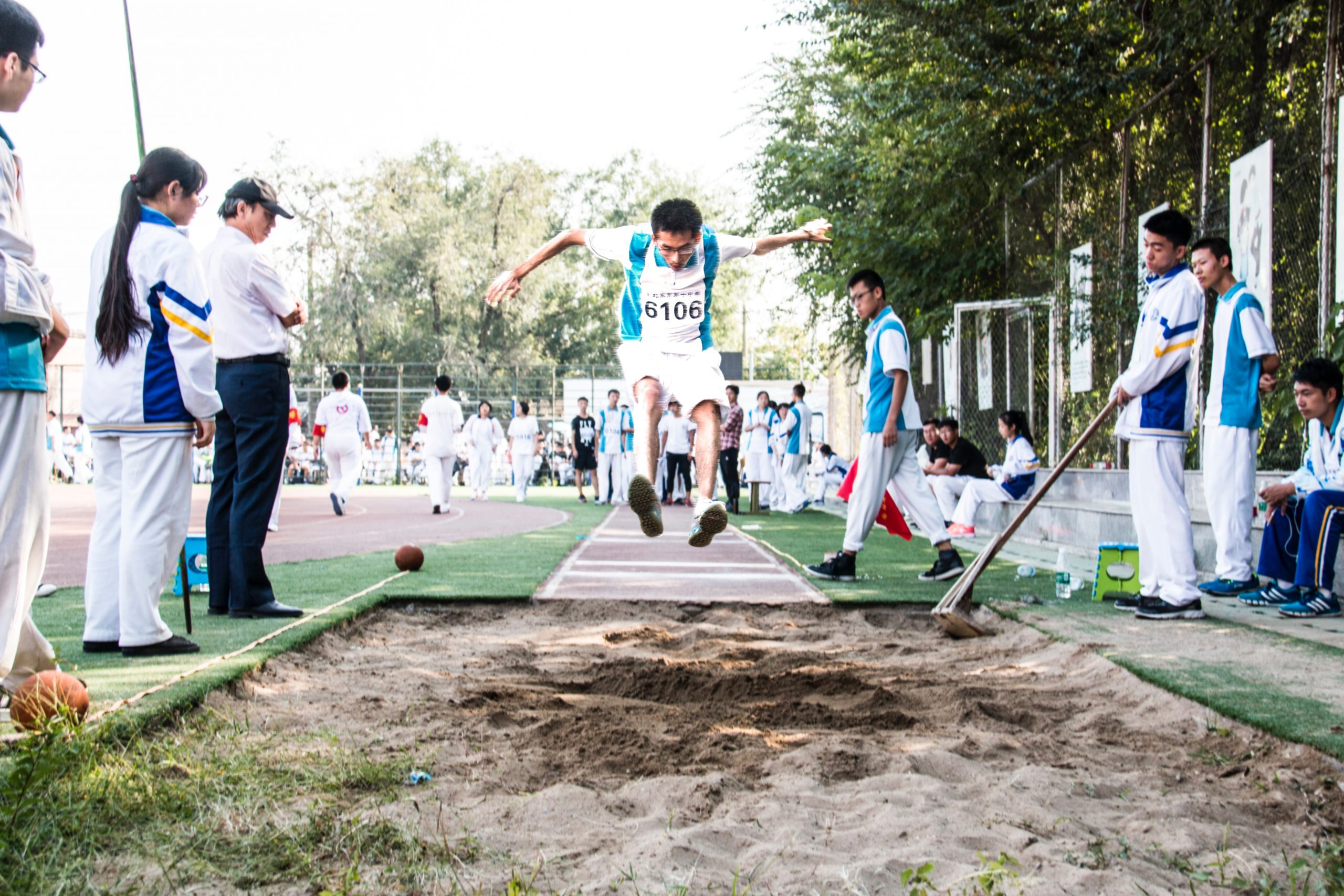As final-year students and their teachers in Beijing return to school for the first time since the coronavirus lockdowns, city authorities are adopting wearable smart technology to help prevent further large-scale outbreaks.
The latest solution involves a smart wristband that monitors body temperature in real time.
Beijing has rolled out the pilot scheme among final-year students, according to an online report in state-owned Beijing Daily on Monday. The goal is to “spot irregularities and invoke timely response” in the event of an outbreak.
Beijing Fengtai No 2 Middle School is among the schools that have adopted the use of the wristband, an administrative staff member surnamed Yu confirmed to the South China Morning Post.
While students in their final year of senior high school resumed class on April 27 and received the wristbands after the Labour Day holiday, final-year students from junior high were expected to return to school on Monday, according to Yu.
Students returning to class are asked to wear the smart wristband during school hours, said Yu, adding that there would be additional checks on their temperature twice a day.
Starting Monday, the Beijing Education Commission aims to expand the use of “smart temperature monitors” to all final-year students and their teachers in major districts in the city, including Dongcheng, Xicheng, Fengtai and Daxing, according to the Beijing Daily report. The commission did not immediately respond to a request for comment.
The temperature statistics collected by the wristbands would be uploaded to smartphone apps via Bluetooth. The move is expected to relieve students of extra time or attention paid to their temperature readings so they can “stay focused and prepare for exams”, noted the report.
The move comes after Beijing downgraded its emergency response level for the first time since the coronavirus outbreak gripped the country in January, triggering a 10-week lockdown of the epicentre of Wuhan city and nationwide travel restrictions.
Authorities in China are also looking to reverse dampened consumer sentiment and revive the world’s second-largest economy. A recent survey of 28,000 people by China’s Southwestern University of Finance and Economics suggests the effects of the pandemic on consumer spending may be long-lasting: more than half of Chinese households said they planned to increase their savings and cut back on spending even after the pandemic is contained.
